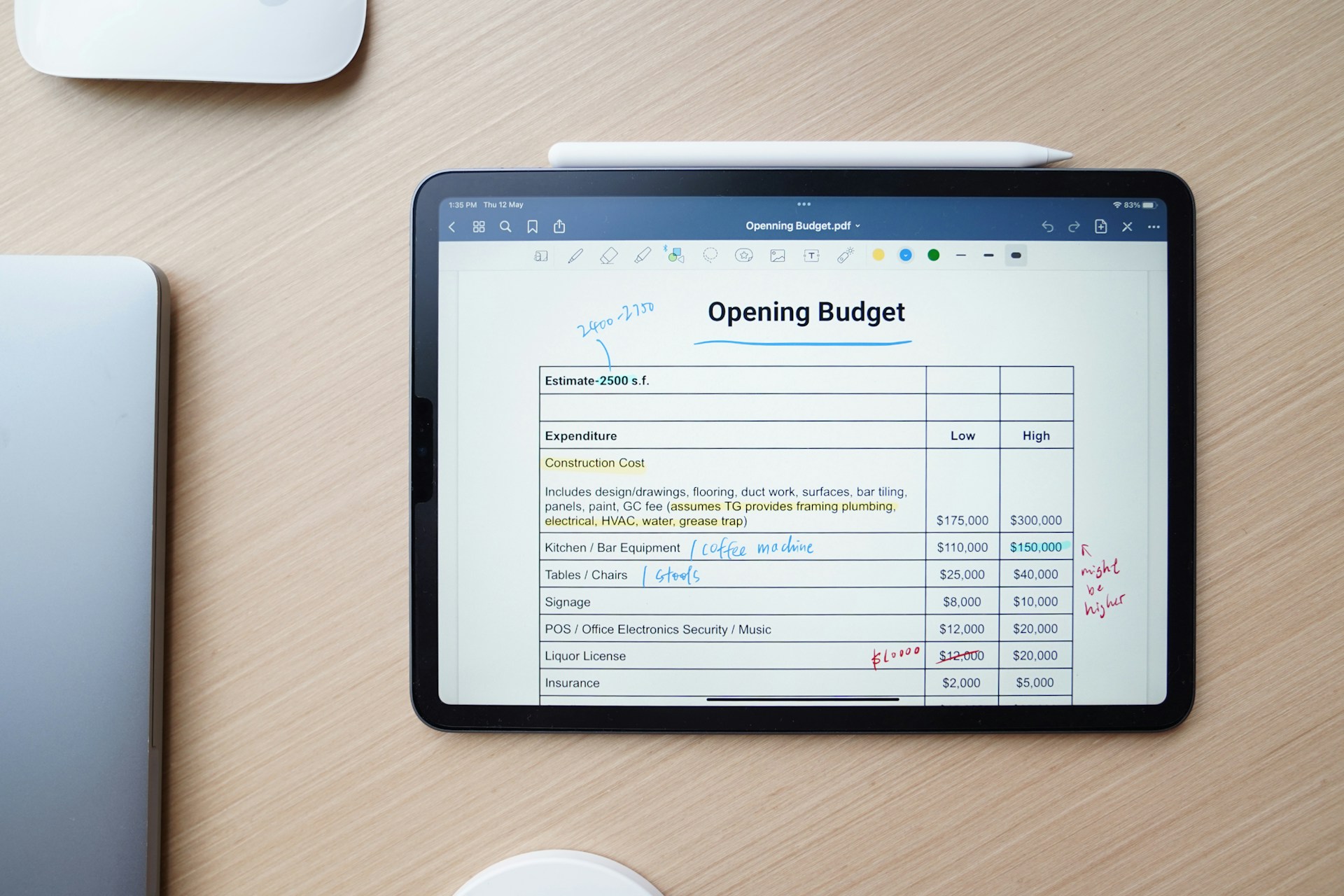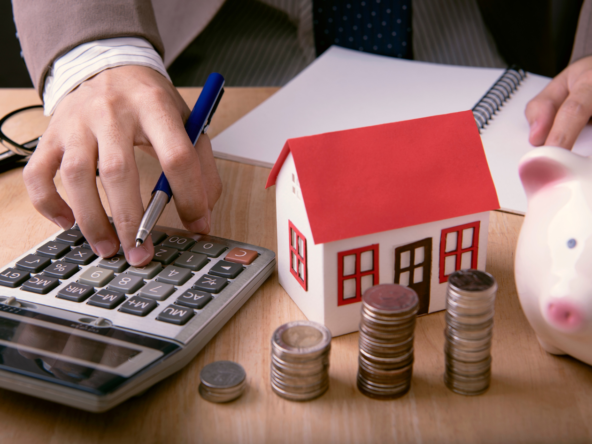Smart Budgeting: Assessing Your Financial Health
Smart budgeting for your first home is crucial when assessing your financial situation thoroughly. Take stock of your income, expenses, and any existing debts. Calculating your debt-to-income ratio, which measures the percentage of your monthly income that goes towards debt payments, provides a clear picture of your financial standing. This assessment lays the foundation for understanding how much you can comfortably afford to spend on your first home.
Smart Budgeting: Saving for Your Down Payment
Saving for a down payment is a pivotal step in smart budgeting for your first home purchase. Traditionally, a 20% down payment is recommended, but various loan programs offer options with lower down payments. However, consider that a larger down payment can translate to lower monthly mortgage payments and potentially eliminate the need for private mortgage insurance (PMI). Prioritize saving for your down payment to secure favorable financing terms.
Smart Budgeting: Boosting Your Credit Score
Your credit score significantly influences your mortgage eligibility and the interest rate you’ll receive. Take proactive measures to improve your credit score by reviewing your credit report for errors or negative marks. Focus on paying off outstanding debts, maintaining timely payments, and refraining from applying for new credit. Enhancing your credit score can result in substantial savings over the life of your mortgage.
Smart Budgeting: Securing Pre-Approval for a Mortgage
Gain a competitive edge in the real estate market by obtaining pre-approval for a mortgage before beginning your home search. This process involves a lender evaluating your financial information to determine the amount they’re willing to lend based on your creditworthiness and income. Pre-approval offers clarity on your budget and positions you as a serious buyer, enhancing your negotiating power.
Smart Budgeting: Accounting for Additional Expenses
Beyond the mortgage payment, homeownership entails various expenses such as property taxes, homeowner’s insurance, maintenance, and potential homeowners association (HOA) fees. Allocate sufficient funds to cover these additional costs when determining your home-buying budget. A general rule of thumb is to set aside 1-3% of the home’s value annually for maintenance and repairs.
Smart Budgeting: Exploring First-Time Homebuyer Programs
Many states and local governments offer specialized programs tailored to first-time homebuyers, providing assistance with down payments, closing costs, and favorable loan terms. Research the available programs in your area to determine if you qualify for financial support. Leveraging these initiatives can significantly reduce the financial burden associated with purchasing your first home. You can checkout the North Dakota Housing Finance Agency website for all kinds of options!
Smart Budgeting: Seeking Expert Guidance
Navigating the complexities of the homebuying process can be daunting, particularly for first-time buyers. Consider partnering with a knowledgeable real estate professional who can offer guidance, insights, and support throughout your journey. From recommending reputable lenders to facilitating negotiations and ensuring proper paperwork, a trusted agent streamlines the process and empowers you to make well-informed decisions.
By following these essential steps and leveraging expert guidance, you can embark on your homeownership journey with confidence and financial preparedness. Remember, thorough planning and informed decision-making pave the way for a successful and fulfilling experience as a first-time homebuyer. If you would like to learn more about real estate or what is happening around Grand Forks, follow me on Instagram and join my super fun community!




